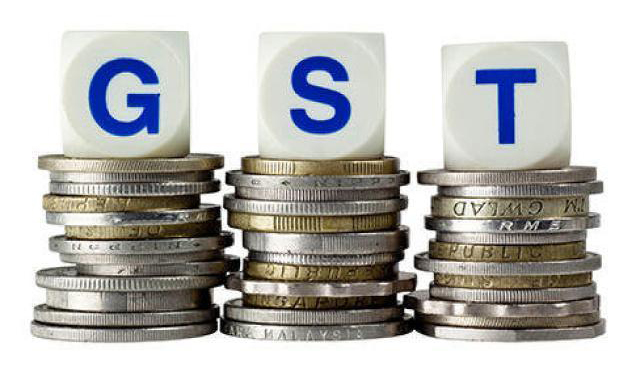Demonetisation, GST to be disruptive in short term: S&P
The Hindu Business Line
By PTI
December 14, 2016

NEW DELHI, DEC 14: S&P Global Ratings today said demonetisation and a likely GST roll-out from September 2017 are likely to cast a “higher disruptive impact” on the informal, rural, and cash-based segments of the economy.
It further said corporates and banks are likely to face short-term downside risk as the demonetisation-induced cash crunch will curtail GDP growth.
“Indian government reforms will have long-term structural benefits, but carry short-term execution and adjustment risks,” S&P Global Ratings Credit Analyst Abhishek Dangra said in an article titled India’s Demonetisation And the GST: Short-term Pain For Long-term Gain, published today.
The rating agency recently revised downwards its estimated economic growth rate for 2016-17 by one full percentage point to 6.9 per cent to reflect the disruption caused by the surprise move of demonetisation.
It said the government’s decision to cancel the legal tender status of high-value rupee notes has caused a significant physical cash crunch.
“Both demonetisation and a goods and services tax (GST, expected to be implemented by September 2017) are likely to have a higher disruptive impact on the informal, rural, and cash-based segments of the economy,” S&P said.
It said these reforms could benefit India in the long run after short-term pain.
The credit and risk analysis firm believes that demonetisation and GST could result in a wider tax base and greater participation in the formal economy. This should benefit India’s business climate and financial system in the long run.
“We believe such measures can promote greater economic flexibility, strengthen the business climate, funnel more wealth into the formal banking system, and help redress public finances over time,” said Kyran Curry, also a credit analyst of S&P Global Ratings.
“We expect lower private consumption in fiscal 2017, but expect demand to revive and growth to rebound in fiscal 2018.
India should shortly revert back to an 8 per cent annual growth trajectory,” says Dharmakirti Joshi, Chief Economist of Crisil, a subsidiary of S&P Global.
“In our base case, we expect a short-lived disruption with demand revival in the next one to two quarters, limiting the impact on Indian banks and corporates.
In the short term, however, the rural and informal sectors are experiencing large-scale adjustments. Business sectors that often transact in cash, including jewellery and real estate, will also face some degree of upheaval, S&P said.
“The banking sector will face marginally negative pressure in the short run as loan growth will remain soft, and asset quality and earnings will be pressurised at the margin.
Digital banking and a higher banking base could benefit the banks in the long run,” said another credit analyst of S&P Global Ratings, Geeta Chugh.
In a less likely downside scenario, the shock of demonetisation will not be absorbed within the next few months and the economic disruption will spill over into fiscal 2018, and potentially coincide with the introduction of GST, the US-based agency said.
It added that in a less probable situation, economic growth will stay lower for longer, raising stress levels on corporates, banks, and other financial institutions; although the sovereign rating is likely to remain resilient.